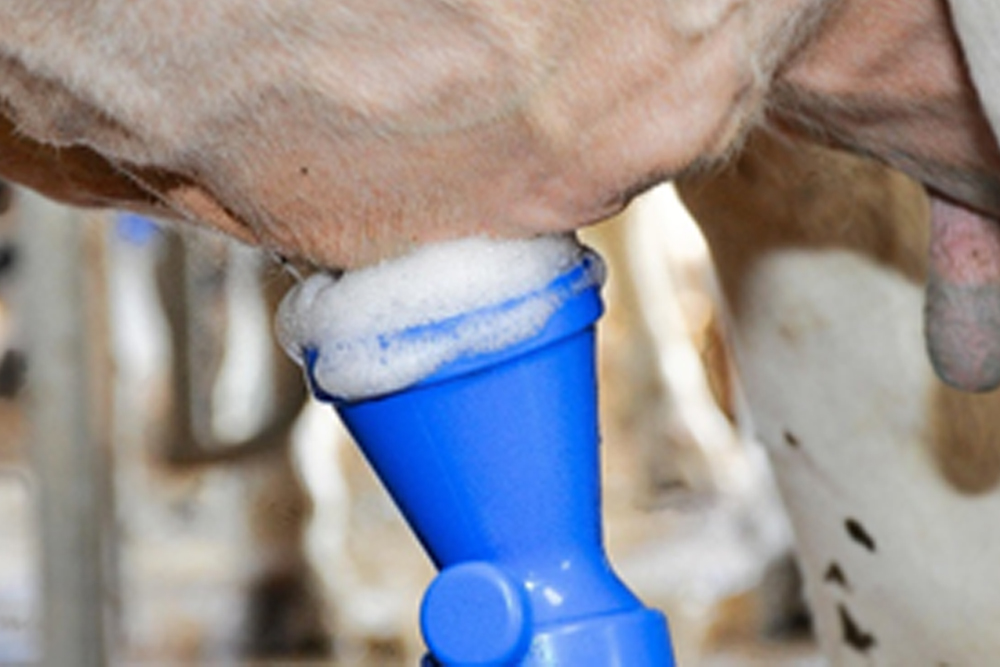Best management and feeding tips to get better milk production in winter
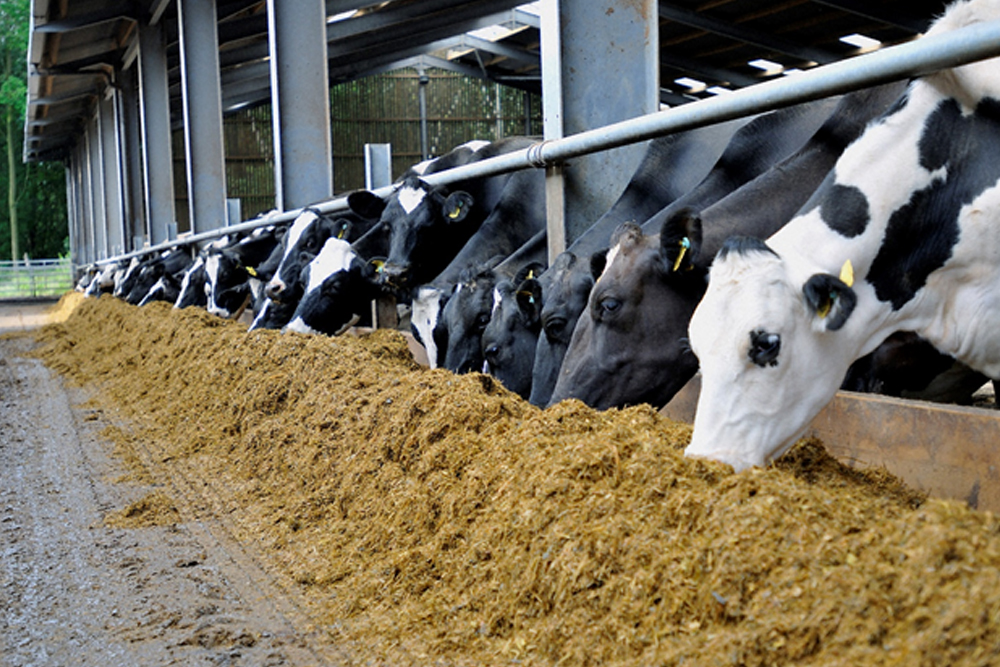
In Pakistan, October to February is considered to be the flush season as this is a golden period for the dairy business because most of the cows and buffaloes calve during these months. The time of maximum milk production is for the cows and buffaloes which spend in October or November. This period is also very important for the breeding of milking animals.
Special arrangements need to be made to protect the animals in winters because the ability of milking animals to give milk is adversely affected due to cold. Winter has a fatal effect on calves, sheep and goats. Many times the they suffer from pneumonia after being caught in the cold. Therefore, during winter, milking animals as well as small animals need special care.
At the same time, due to the severe cold stress, the death rate of newborn calves also increases due to various diseases in these days. Therefore, in order to maintain more production and good fertility from your herd, some special measures need to be taken for the maintenance of animals during the winter season.
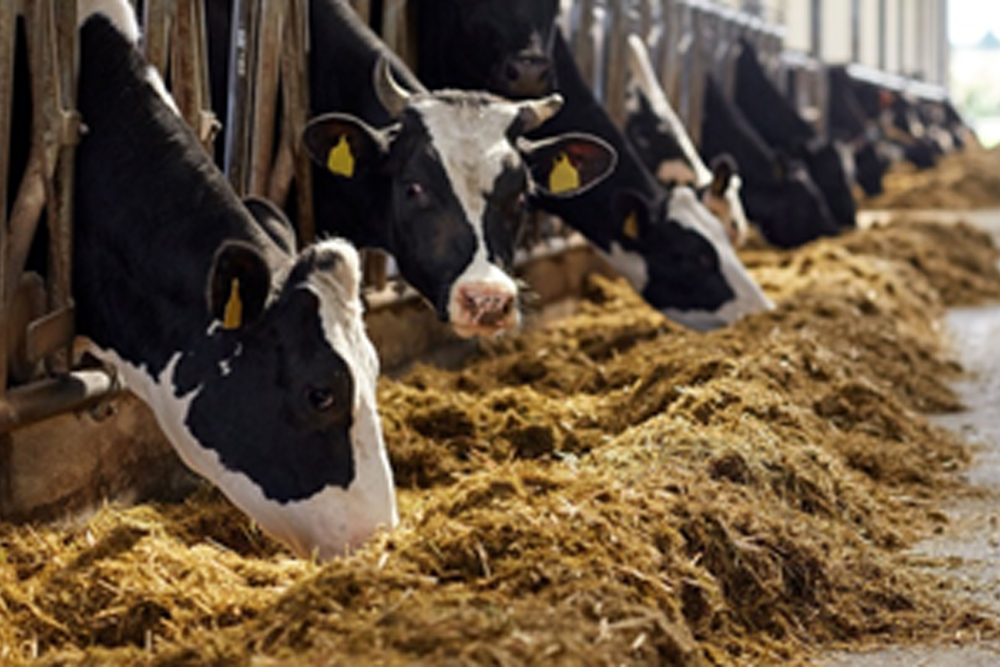
Due to the mist and rain in the environment, the floors of animal enclosures often remain wet, due to which the animals shy away from sitting in the cold. Therefore, prepare good quality bedding in this season, so that their bedding becomes 6 inches thick. This bedding also needs to be changed daily. Laying of sand or mattresses is considered best for animals because animals rest for more than 12-14 hours in a day, which reduces energy loss of animals.
Water is also important to maintain good electrolyte balances in the body. Every process in the body is driven by the ability to move nutrients across cell walls. The body is mostly water. Good cellular health, gut function, nutrient utilization, normal metabolic function and keeping the body at proper temperature all depend on adequate supplies of water. With the onset of winter, water intake also drops so to avoid that animals should always be given lukewarm feed water to drink.
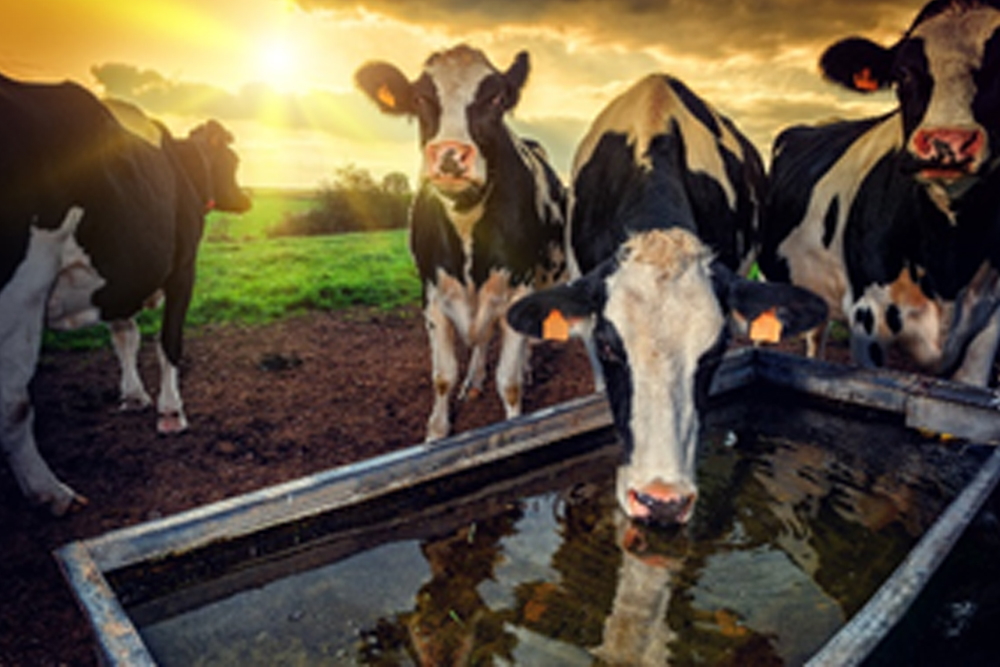
Most of the cows and buffaloes are giving milk during winters. Therefore, they need to be given a balanced feed according to their milk production. Dasan feeds are Pakistan’s best dairy feeds where we take care of animal requirements as per age and lactation stage. As in winters cows need high energy diet but sudden shift is not advisable rather all dietary changes, should be made gradually.
If a farmer is having old traditional type of shed, they usually feed indoors but in door feeding is not advisable in winters. Ammonia concentrations in poorly ventilated buildings can be exorbitantly high, causing pneumonia and other breathing problems; high humidity will decrease the insulating capabilities of a cow’s coat. Outdoor feeding will be perfectly comfortable for your cow, and often much cleaner.
High-moisture rations will likely be chilled in the feed bunks. If this occurs, intake will be reduced and more energy will be required to digest the feed.
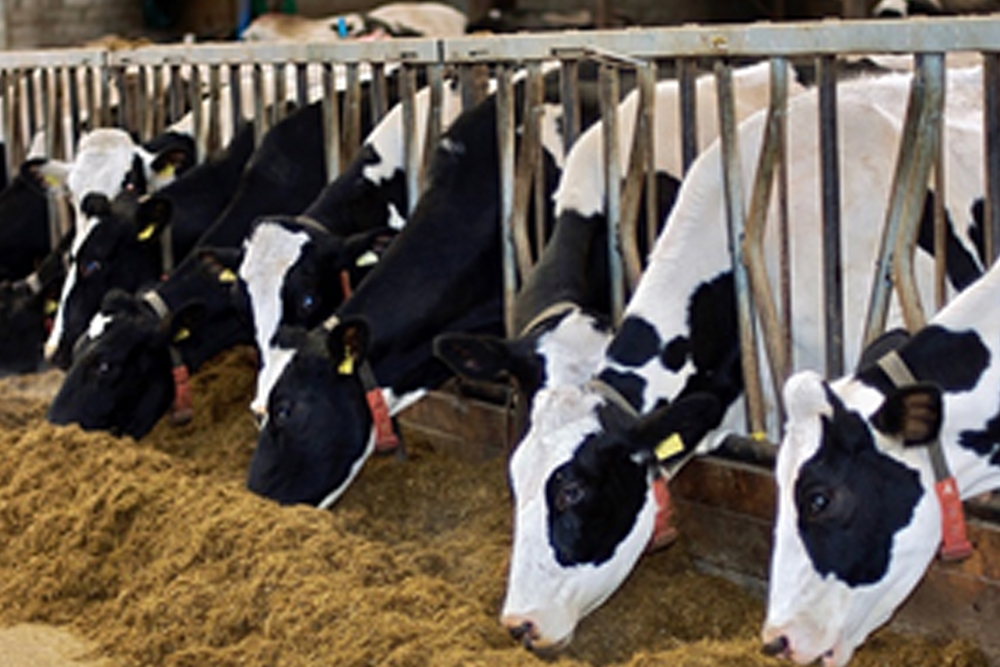
It is tempting to feed earlier and earlier as daylight decreases and evening temperatures drop, but your cow will be more comfortable if you delay feeding time in the cold. The activity involved in eating and the fermentation in the rumen will increase heat production during the evening.
To protect animals from a sudden drop in temperature, keep the animals in a covered shed/area during the night.
Animals can be covered with blankets to retain body heat for individual animals. It really works great in young calves
Avoid keeping animals in a damp area, as well as protect them from smoke from fires which are lit to provide warmth. The dampness and smoke increases their chances of contracting pneumonia.
To ensure that essential salts are maintained in the animals, provide mineral mixtures in adequate quantities along with their feed.
If the animals have not yet been vaccinated against FMD, PPR, Haemorrhagic Septicaemia, Enterotoxemia, Black Quarter etc, ensure that this is done now. Along with vaccination, winter is considered to be the best time to deworm your animals
Animals can be covered with blankets to retain body heat for individual animals. It really works great in young calves
Avoid keeping animals in a damp area, as well as protect them from smoke from fires which are lit to provide warmth. The dampness and smoke increases their chances of contracting pneumonia.
To ensure that essential salts are maintained in the animals, provide mineral mixtures in adequate quantities along with their feed.
If the animals have not yet been vaccinated against FMD, PPR, Haemorrhagic Septicaemia, Enterotoxemia, Black Quarter etc, ensure that this is done now. Along with vaccination, winter is considered to be the best time to deworm your animals
The bedding/hay in the animal sheds must be kept dry and changed/aired every day.
In winter, the udders of milking animals often crack or the udders get swollen. Due to this, there is a problem of milk extraction as well as the possibility of developing mastitis. To prevent this, do not let the animals sit on the ground for at least half an hour after milking. Practice pre and post milking teat dipping. Take adequate care to prevent occurrence of Mastitis in animals.
